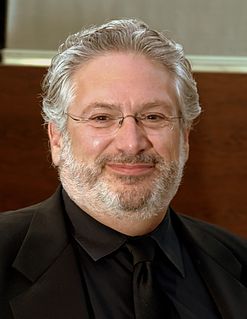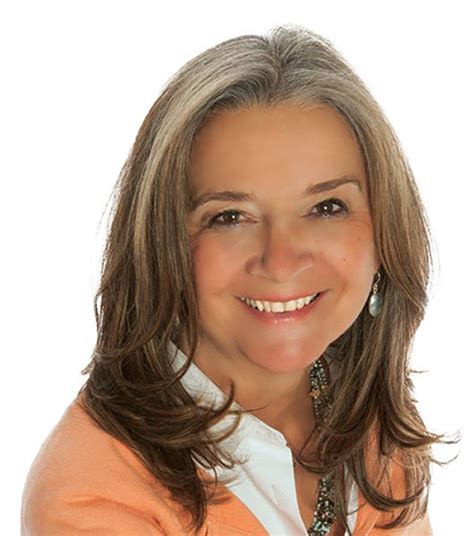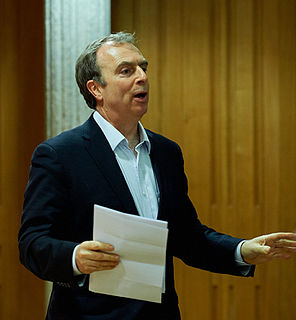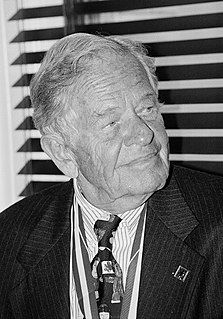A Quote by Stephanie Coontz
Why do people - gay or straight - need the state's permission to marry? For most of Western history, they didn't, because marriage was a private contract between two families. The parents' agreement to the match, not the approval of church or state, was what confirmed its validity.
Related Quotes
State sanctioned marriage is a civil contract period. A contract is not a judgment of moral value. It is a legal agreement between two parties that testifies to a meeting of minds between those consenting entities. It is not a religious act or rite and so has nothing to do with Adam and Eve or Steve or even Harvey.
State-sanctioned marriage is a civil contract, period. A contract is not a judgment of moral value. It is a legal agreement between two parties that testifies to a meeting of minds between those consenting entities. It is not a religious act or rite and so has nothing to do with Adam and Eve or Steve or even Harvey.
[T]he influence of the German school is most obvious in relation to the contract theory of the origin of the state and the idea of the function of the state. The theory that the state originates in an agreement between men was assailed by the German thinkers and the historical, organic, evolutionary idea substituted for it.
Everyone in the United States is so intense about maintaining a separation between Church and State when the real concern should be about keeping a separation between Corporations and State--because in America (and most of the rest of the Western World, for that matter) economics is the real religion.
Gay people, certainly gay people of my generation, at least of a certain echelon - middle-class Americans - have binocular vision. We all are raised by straight people and grow up with straight people and in straight families, but we all have this totally other way of looking at things. Increasingly as I get deeper into middle age, that is why I resist plunking for any one camp. Because I have this delicious sort of experience of being able to see things in two ways.
The decision for complete religious freedom and for separation of church and state in the eyes of the rest of the world was perhaps the most important decision reached in the New World. Everywhere in the western world of the 18th century, church and state were one; and everywhere the state maintained an established church and tried to force conformity to its dogma.
The argument that gay marriage doesn't affect straight marriages is a ridiculous red herring: Gay marriage affects society and law in dramatic ways. Religious groups will come under direct assault as federal and state governments move to strip them of their non-profit statuses if they refuse to perform gay marriages.
It is true that traditional Christianity is losing some of its appeal among Americans, but that is a religious, not political, matter. It is worth remembering that the Jeffersonian 'wall of separation' between church and state has always been intended to protect the church from the state as much as the state from the church.
[Maxim] Litvinov signed his letter not in private capacity but as representative of the state, just as did President [Franklin] Roosevelt. Their agreement represents an agrement between two states. Signing this agreement both Litvinov and President Roosevelt as the
representatives of two states have in mind the activities of the agents of those states who should not and will not interfere in each other's internal affairs.


































